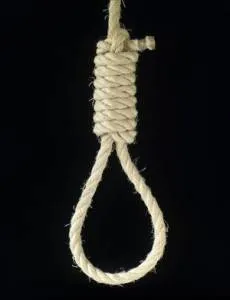
THE BOOK RIOT 50: #39 How Many Words Have You Killed Today?
- Automatic spell-checkers may be partly responsible, killing misspelled or unusual counterparts of accepted words.
- There might be a natural bias toward shorter words for ease of communication.
- At the same time, any new words that were born in the past 20 to 30 years have seen increased usage.
Differently-spelled words, beyond providing a dash of color—or colour—often evolved into new words with slightly different meanings; spell-check has all but stopped that phenomenon in its tracks. And then there’s what the study calls synonym death: that is, we simply don’t have time for a word like “roentgenogram,” which a century ago was the most frequently used term for what we now just call an x-ray.
The researchers found that more words have died in the past 40 years than during any other period covered by their data (1800 – 2008). While texting and the internet have introduced an entire new subset of words (such as “texting” and “internet”), it isn’t enough to offset the losses. Statistically speaking, the language is shrinking.
The good news is that words, unlike your goldfish or other endangered species, can’t die out irreversibly. And there’s no need to start sponsoring words in far-flung parts of the world or to gather them all into a preserve. Any word that disappears can always reappear—so long as people start using it again. (And some well-intentioned souls out there are doing what they can to help launch a comeback.)
Will you do your part? Or are there some words you’d just as soon see vanish forever?











